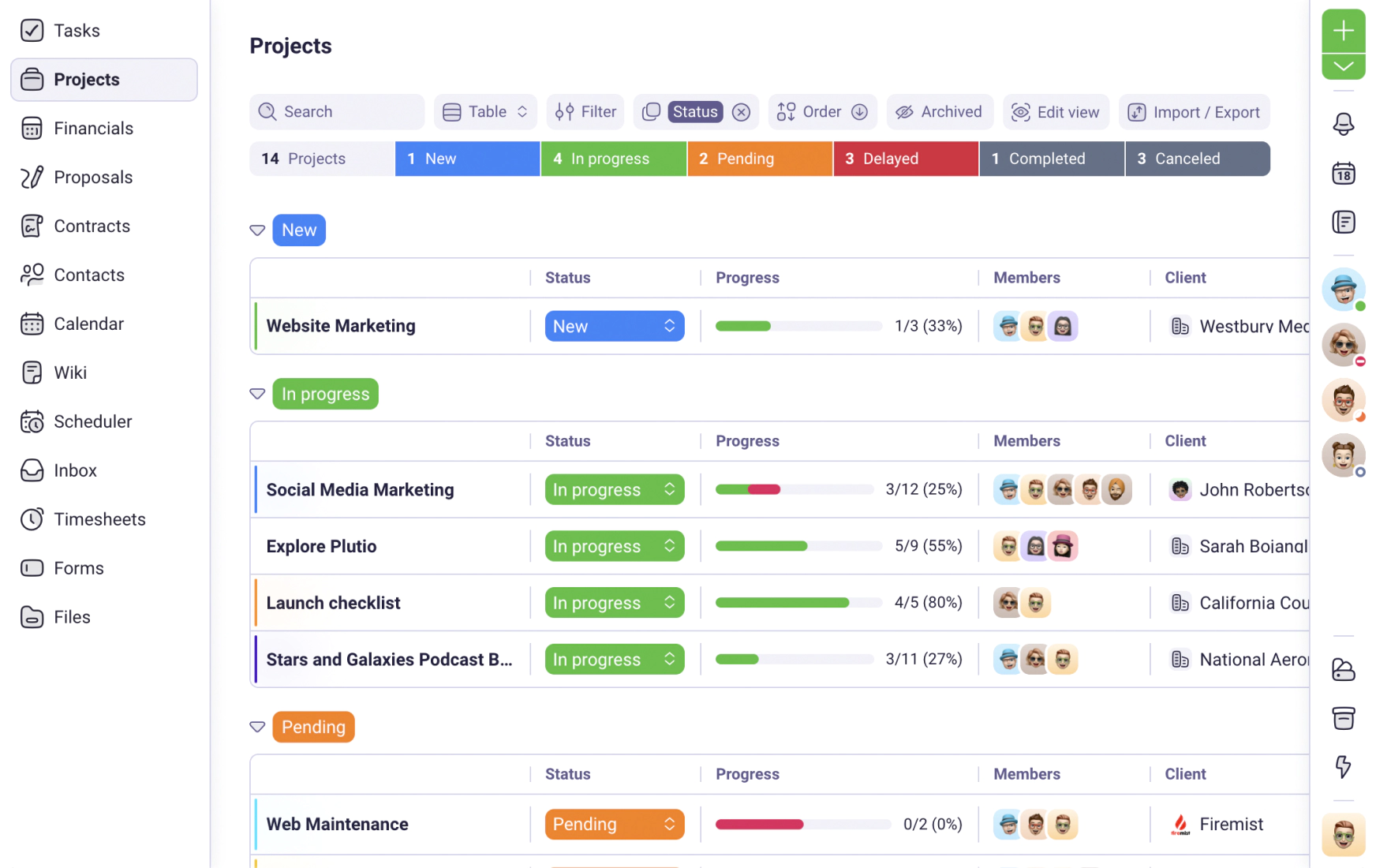We use cookies to personalise and enhance your experience.
1. Get to know your colleagues
Understand who is responsible for what and who to ask for help or advice. In small companies, the newcomer is introduced to the team by a colleague. In corporations, this is done by HR-specialists: they tell about the structure of the company, give them circle-boxes and transmit the values of the team. Often a new employee has a mentor, either appointed or someone who has volunteered to introduce a colleague. He introduces the person to other employees and helps them understand the tasks.
The newcomer attracts attention, so in small teams the other employees get to know him or her quickly. Depending on the corporate culture, communication can be formal or friendly.
Use any excuse to socialize: don't go to lunch alone, join Friday night gatherings in the office, don't skip corporate events. You may not find everyone equally interesting at first, but over time you'll find common themes and useful work acquaintances.
2. Understand your processes
To understand how to act and who to ask for help, learn the company's internal traditions and business etiquette. Colleagues or a mentor can help you understand the intricacies better.
A newcomer who has not yet fully grasped the work tasks may encounter prejudice from more experienced colleagues.
The quality of adaptation depends equally on the openness of both the newcomer and the company. The more rigid and closed one of the parties, the harder the first steps are given. Even a very flexible person will gradually tire of the need to adjust. In the same way a liberal organization at some point will begin to demonstrate the limits of what is allowed, if the newcomer is too persistent.
3. Explore the hierarchy
It largely determines the style of adaptation of a new employee. For example, in a corporation you are unlikely to be taken care of by any of the top managers, but in a startup even the CEO may well partially take on the tasks of adapting a newcomer.
- Find out how to communicate in the team. If there are no strict rules, you will have to observe and figure it out on your own.
- Observe the chain of command: if you need to solve a problem or come up with a proposal to the commercial director, it is better to discuss it at all the previous levels. The immediate supervisor will be able to tell you how best to formulate the request and who to turn to for support of the idea.
- Being proactive helps. Don't hesitate to clarify the task or ask senior colleagues for help if you feel you can't cope.
4. Don't be afraid of conflict
Professional disputes with more experienced colleagues are not easy for a newcomer. His opinion is not yet highly valued in the new team, and his skills and knowledge do not always inspire confidence. If you are confident in your decision and want to defend it, do not give vent to emotions - so you just spoil the relationship. In difficult situations, it is worth enlisting the support of management.
If you have to defend a decision in front of a colleague, and he resists, you don't have to go straight to the boss. It is better to have a conversation, face-to-face in the meeting room rather than in correspondence. Make the point that your proposal will help both him and the company - we have a common goal here.
Learn from your colleagues and thank them for their help - it will help to smooth the edges and make a good impression. A helpful comment on a project from a more experienced colleague, or a comment about an appropriate working style, is also part of the adjustment.
Lack of experience is not necessarily a reason for conflict: people like to help others and feel needed. Such mentors are immediately approachable and easy to learn from.
To reduce the number of conflicts overall, choose companies that are close to you in spirit and values. Then you are much less likely to encounter situations that seem unacceptable, and that will make it much easier to adapt. It is important how close and familiar the applicant is with the organization's system of relationships and rules. Therefore, recruiters at the interview sometimes ask about family: which of the relatives work or worked where. A child reads principles and values and social roles from his or her parents and immediate environment. Understanding what I want, what is acceptable to me, is very important here. A conscious candidate is less likely to come to work for a company that is foreign to him. Otherwise, adaptation turns into an emotional swing and ends in voluntary dismissal.
Author’s Bio: Jean Hartley is a content writer in write my essay service, that provides quality assistance for students. Jean has more than 5 years of experience in an international company. She is going to blog about it on YouTube.
Have you tried Plutio yet?
The only app you need to run your business and get work done.
Try Plutio for FREESupercharge your business
The complete toolkit to run your business
The intuitive all-in-one solution to manage and collaborate on projects, share files, build forms, create proposals, get paid, and automate your workflow.
No credit card required


